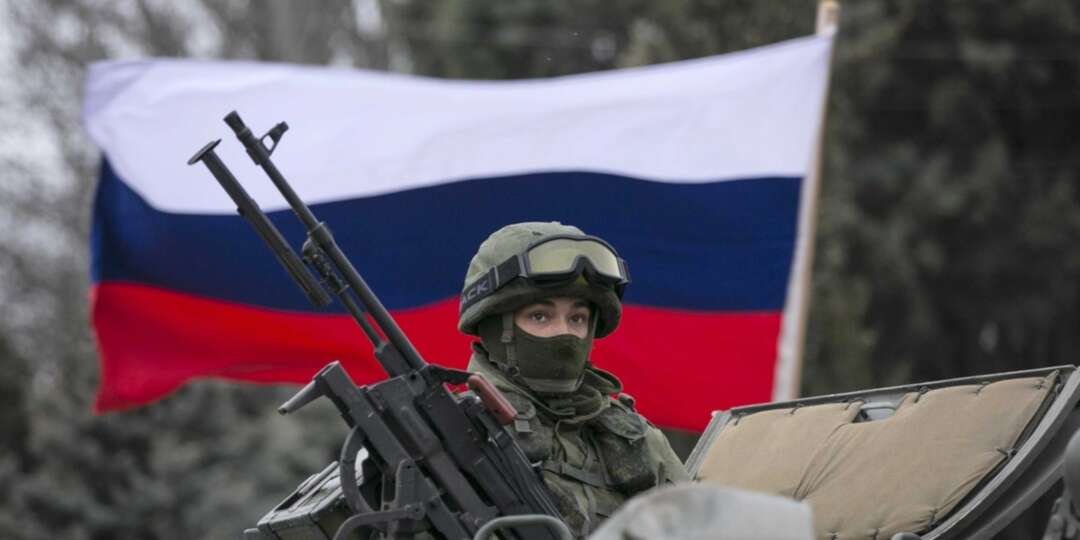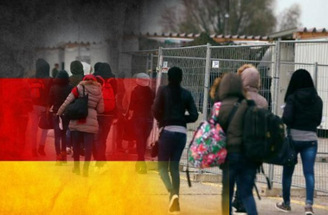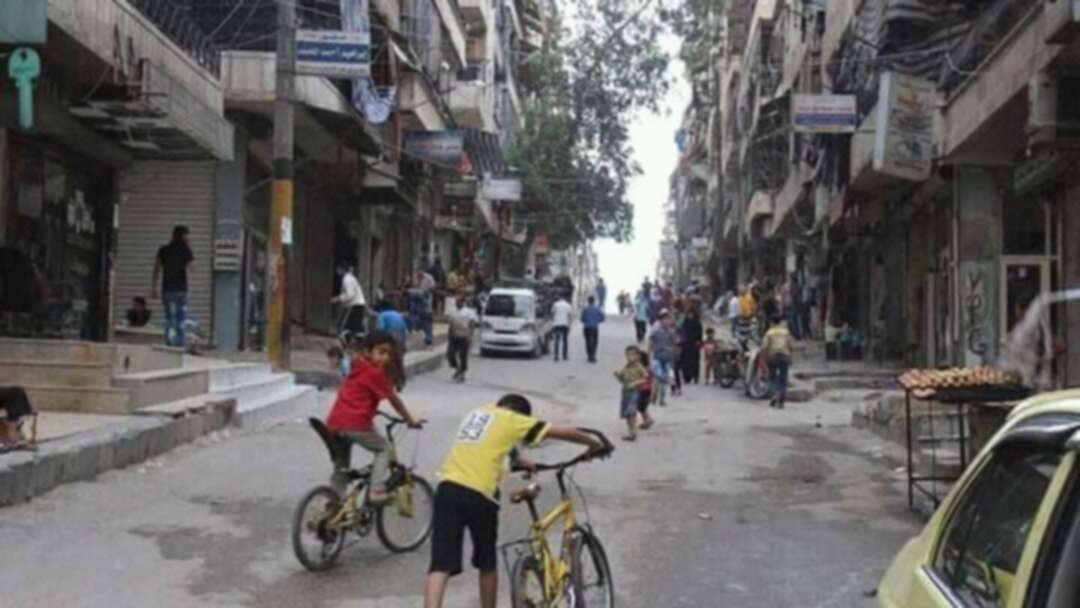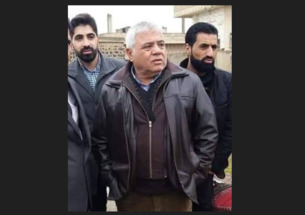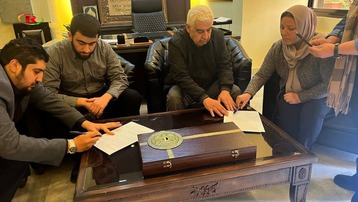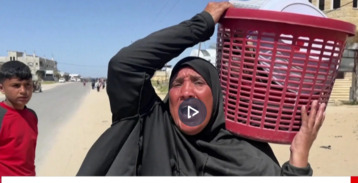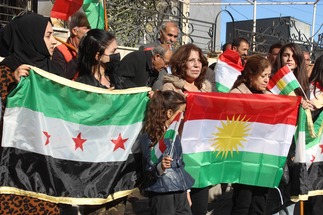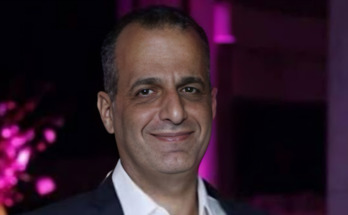-
The Conference of European Rabbis Host a Conference Exploring the Link Between Politicization of Religion and Community Stability & Prosperity
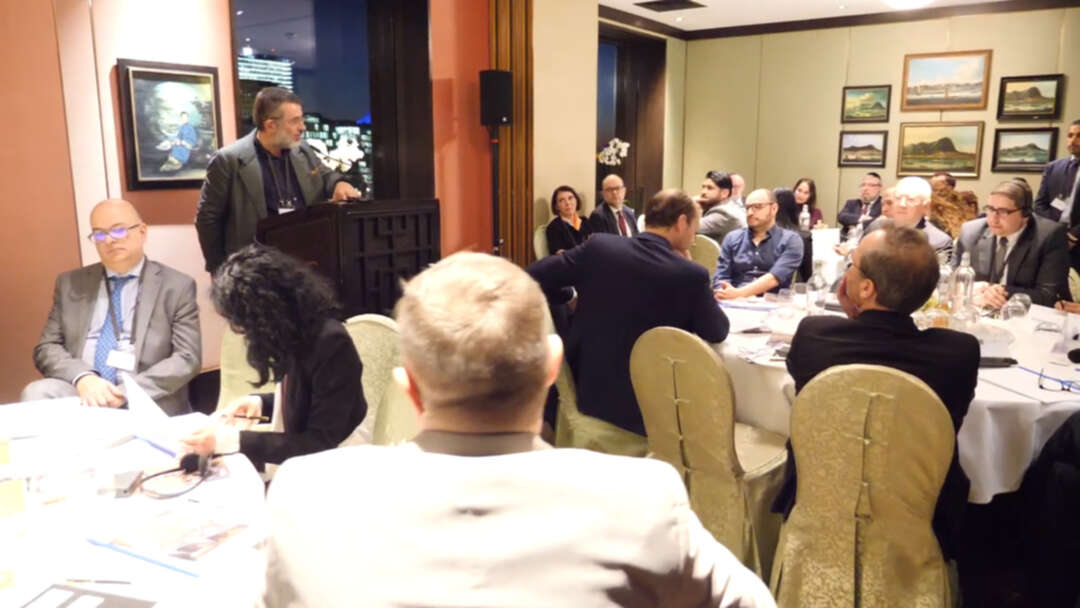
BERLIN -- JANUARY 17th 2020 – The Conference of European Rabbis (CER) together with the Interfaith Alliance for Safer Communities (IAFSC) yesterday hosted a conference to discuss the challenges that communities are facing as a result of politicization of religion and the rise in hate crime, as well as successful examples of countering these negative influences. This conference builds on the work accomplished during workshop in the United States, Russia and France which explored the role of faith leaders in combating hate crime.
The forum was convened under the conviction that the challenge presented by violent extremism and hate crimes requires a comprehensive approach that brings together diverse perspectives. Attendees discussed patterns of politicization of religion in various national and international contexts, and how this interplays with community stability and prosperity. Dialogue was also facilitated on what constitutes a hate crime and how it can be combatted; religion as a political tool of control; the thin line between hate crimes and terrorism and what early measures can be taken; the modern history of radicalization in Europe; the politicizing of religion and its impact on communities in Europe and how religion can be a voice of hope in modern societies; and who is benefiting from politicizing religion and encouraging hate crimes.

Chief Rabbi Pinchas Goldschmidt, Chief Rabbi of Moscow and President of the Conference of European Rabbis, said, “The Conference of European Rabbis and the Interfaith Alliance for Safer Communities operate under the aligned acknowledgment that empowering faith leaders with the knowledge and expertise to play an active and effective role in community safety will be integral to the stability, security and development of our society. Increasingly, faith is being harnessed to advance political and extremist agendas and community interventions to thwart extremism are crucial. Alongside the IAFSC, the Conference of European Rabbis is collectively committed to playing our part in countering the manipulation of faith for political means.”

Speakers included Prof. Peter Neumann of King’s College, London; Cem Özdemir, MP, Chairman of the Committee on Transport and Digital Infrastructure, The Greens Parliamentary Group, German Bundestag;; MP, Federal Government Commissioner for Global Freedom of Religion, Federal Prof. Dr Heribert Hirte, MP, Deputy Chairman, Committee on Legal Affairs and Consumer Protection, CDU/CSU-Parliamentary Group, German Bundestag; Dr Felix Klein, Federal Government Commissioner for Jewish Life in Germany and the Fight against Anti- Semitism; Moderator:,;; Dr Daniel Gerlach, Co-Founder and Managing Director, Candid- Foundation; Viola van Melis, Head of Center for Research Communication, Cluster of Excellence, Religion and Politics, University of Münster; Olivier Guitta, Managing Director, GlobalStrat, London; Stephan J. Kramer, President, Office for the Protection of the Constitution, Free State of Thuringia; Mirco Keilberth, German North Africa Correspondent, Tunisia.

About The Conference of European Rabbis
The Conference of European Rabbis (CER) is the primary Orthodox rabbinical alliance in Europe. It unites more than 700 religious leaders of the mainstream synagogue communities in Europe. The Conference of European Rabbis is mandated to defend the religious rights of Jews
in Europe, and has become the voice of Judaism for the European continent. The CER is also committed to inter-religious dialogue with Muslims and Christians in order to counter the
increasing radicalization in politics and society and to increase the security of local religious communities. The President of the CER is Chief Rabbi of Moscow, Pinchas Goldschmidt. About The Interfaith Alliance for Safer Communities The Interfaith Alliance for Safer Communities was established to empower faith leaders to work for the safety and security of our communities, tacking issues such as child sexual abuse, extremism, radicalization and human trafficking. We aim to facilitate the building of bridges between faiths, NGOs and experts in various domains. We are conscious of the importance of empowering faith leaders, both at the institutional and grass-root levels, with knowledge and to mobilize them to play an active role in community safety. Our current areas of focus are ‘Child Dignity in the Digital World’ and ‘Hate in our Communities’.
You May Also Like
Popular Posts
Caricature
BENEFIT AGM approves 10%...
- March 27, 2025
BENEFIT, the Kingdom’s innovator and leading company in Fintech and electronic financial transactions service, held its Annual General Meeting (AGM) at the company’s headquarters in the Seef District.
During the meeting, shareholders approved all items listed on the agenda, including the ratification of the minutes of the previous AGM held on 26 March 2024. The session reviewed and approved the Board’s Annual Report on the company’s activities and financial performance for the fiscal year ended 31 December 2024, and the shareholders expressed their satisfaction with the company’s operational and financial results during the reporting period.
The meeting also reviewed the Independent External Auditor’s Report on the company’s consolidated financial statements for the year ended 31 December 2024. Subsequently, the shareholders approved the audited financial statements for the fiscal year. Based on the Board’s recommendation, the shareholders approved the distribution of a cash dividend equivalent to 10% of the paid-up share capital.
Furthermore, the shareholders endorsed the allocation of a total amount of BD 172,500 as remuneration to the members of the Board for the year ended 31 December 2024, subject to prior clearance by related authorities.
The extension of the current composition of the Board was approved, which includes ten members and one CBB observer, for a further six-month term, expiring in September 2025, pending no objection from the CBB.
The meeting reviewed and approved the Corporate Governance Report for 2024, which affirmed the company’s full compliance with the corporate governance directives issued by the CBB and other applicable regulatory frameworks. The AGM absolved the Board Members of liability for any of their actions during the year ending on 31st December 2024, in accordance with the Commercial Companies Law.
In alignment with regulatory requirements, the session approved the reappointment of Ernst & Young (EY) as the company’s External Auditors for the fiscal year 2025, covering both the parent company and its subsidiaries—Sinnad and Bahrain FinTech Bay. The Board was authorised to determine the external auditors’ professional fees, subject to approval from the CBB, and the meeting concluded with a discussion of any additional issues as per Article (207) of the Commercial Companies Law.
Speaking on the company’s performance, Mr. Mohamed Al Bastaki, Chairman BENEFIT , stated: “In terms of the financial results for 2024, I am pleased to say that the year gone by has also been proved to be a success in delivering tangible results. Growth rate for 2024 was 19 per cent. Revenue for the year was BD 17 M (US$ 45.3 Million) and net profit was 2 Million ($ 5.3 Million).
Mr. Al Bastaki also announced that the Board had formally adopted a new three-year strategic roadmap to commence in 2025. The strategy encompasses a phased international expansion, optimisation of internal operations, enhanced revenue diversification, long-term sustainability initiatives, and the advancement of innovation and digital transformation initiatives across all service lines.
“I extend my sincere appreciation to the CBB for its continued support of BENEFIT and its pivotal role in fostering a stable and progressive regulatory environment for the Kingdom’s banking and financial sector—an environment that has significantly reinforced Bahrain’s standing as a leading financial hub in the region,” said Mr. Al Bastaki. “I would also like to thank our partner banks and valued customers for their trust, and our shareholders for their ongoing encouragement. The achievements of 2024 set a strong precedent, and I am confident they will serve as a foundation for yet another successful and impactful year ahead.”
Chief Executive of BENEFIT; Mr. Abdulwahed AlJanahi commented, “The year 2024 represented another pivotal chapter in BENEFIT ’s evolution. We achieved substantial progress in advancing our digital strategy across multiple sectors, while reinforcing our long-term commitment to the development of Bahrain’s financial services and payments landscape. Throughout the year, we remained firmly aligned with our objective of delivering measurable value to our shareholders, strategic partners, and customers. At the same time, we continued to play an active role in enabling Bahrain’s digital economy by introducing innovative solutions and service enhancements that directly address market needs and future opportunities.”
Mr. AlJanahi affirmed that BENEFIT has successfully developed a robust and well-integrated payment network that connects individuals and businesses across Bahrain, accelerating the adoption of emerging technologies in the banking and financial services sector and reinforcing Bahrain’s position as a growing fintech hub, and added, “Our achievements of the past year reflect a long-term vision to establish a resilient electronic payment infrastructure that supports the Kingdom’s digital economy. Key developments in 2024 included the implementation of central authentication for open banking via BENEFIT Pay”
Mr. AlJanahi concluded by thanking the Board for its strategic direction, the company’s staff for their continued dedication, and the Central Bank of Bahrain, member banks, and shareholders for their valuable partnership and confidence in the company’s long-term vision.
opinion
Report
ads
Newsletter
Subscribe to our mailing list to get the new updates!

